I was super fortunate to have Denis Dyack want to do a interview with me. The famous video game designer had recently started Quantum Entanglement Entertainment, and took some time to answer some questions about his past, Silicon Knights, Quantum Entanglement Entertainment, and their game Shadows of the Eternal.
TorontoGameDevs.com: Thanks again for taking the time to answer some questions Denis. For readers who may not be familiar, can you give us a quick history of your career?
Denis Dyack: Sure, I started making games around 1989 while doing my undergraduate in computer science at Brock University. I went to Brock primarily to wrestle, Brock now has one of the best wrestling teams in Canada and has produced many olympians. I had already finished my Phed degree but I wanted to make video games. So I put myself through computer science to make sure I had the tools to do this. In 1992, we officially incorporated Silicon Knights during the time our first game came out (called Cyber Empires) on the Amiga, Atari and later the PC. This first game was basically like Total War but with hotseat play as the internet was not yet developed for video games and it was awarded multiplayer game of the year by Computer Gaming World. We created and developed many successful games at Silicon Knights across multiple formats, notably Blood Omen: Legacy of Kain, Eternal Darkness: Sanity’s Requiem, Metal Gear Solid:Twin Snakes and Too Human. Last year, I announced the creation of a new company with my partners Paul Rapovski and Jonathan Soon-Shiong called Quantum Entanglement Entertainment, with the aim of creating content across TV, Film and Games.
TorontoGameDevs.com: About Quantum Entanglment Entertainment, do you want to drop a physics lesson on us and explain how you envision these three mediums being connected and working together?
Denis Dyack: We believe that the entertainment mediums of film, tv and games are merging and the best way to create truly engaging entertainment is to create worlds that span all of these mediums and more. By doing this we believe that fans will get a superior experience if they can play games, watch tv, films around a uniform idea. We also plan on creating metaverses where enthusiasts are even able to contribute to the content.
TorontoGameDevs.com: On the games front, Shadow of the Eternals is currently under development, a spiritual successor to the Gamecube game Eternal Darkness. What can you tell us about the game? Does it take place in the same universe? Will we be controlling one character who explores different characters in different time periods or is the narrative a bit different?
Denis Dyack: Shadow of the Eternals takes place in a different universe much of which is created by the community. The player controls many characters over 2500 years of human history and in some cases play different characters from the same timeline to get whole new perspective on what is happening. We are exploring sanity, flawed narratives and quantum mechanics in very fresh ways put an interesting perspective on Lovecraftian cosmic horror.
TorontoGameDevs.com: You mention sanity. Sanity was a big theme in Eternal Darkness, including the Sanity meter which indicated how mentally unstable the character was and also how much you were going to take it out on the player. Thanks for making me thinking my Gamecube was broken by the way. So we're going to see a return of the theme in Shadow of the Eternals?
Denis Dyack: Yes in a big way. In Shadow of the Eternals we plan on developing sanity in ways that were not possible before with Eternal Darkness. In some ways this will be through technology advances and in other ways through content. The community has already contributed and will continue to contribute to this area. We are very excited about it.
TorontoGameDevs.com: What platforms can we expect to see Shadow of the Eternals? Do you have a release date in mind?
Denis Dyack: As many platforms and mediums as possible and no release date is yet announced. Expect more than just a game, we are creating a metaverse.
TorontoGameDevs.com: You recently announced a partnership with the Perimeter Institute for Theoretical Physics in Waterloo. Speaking gaming wise, what kind of games do you see coming out of this? Will they be more education base, or something with a deep story that uses theories and ideas from Physics.
Denis Dyack: The Perimeter Institute for Theoretical Physics will be advising us on science for all of our content. So rather than focus on single project, we will be working on everything together, including Shadow of the Eternals. As you probably glean from name of Quantum Entanglement Entertainment, we are fans of Quantum Physics here, and it is beyond my wildest dreams that we can work with the world's leading authorities in Quantum Mechanics.
TorontoGameDevs.com: This is something I ask all the people I interview, but what's the development scene like for you in St Catharines and Toronto? How is it finding talent?
Denis Dyack: We love it and cannot imagine being anywhere else. Canada, specifically Ontario has one of the biggest talent beds in the world. When I started Silicon Knights in St. Catharines, no one thought it would be possible to be successful in such a small town, never mind be competitive in world market place. Quantum has an even bigger advantage now for talent as many universities and colleges have curriculum specifically targeted for video games, this talent bed did not exist in 1990.
TorontoGameDevs.com: What advice can you give to a young game developer. As you know, the scene has changed drastically in recent years with independent games and digital distribution, how does someone stand out?
Denis Dyack: My first piece of advice is always make something you are passionate about. Don’t create something because you think it will be popular, create it because you love it and the passion will shine through in your work. In entertainment, you never know if you are going to please anyone, but if you make something you love yourself you are then guaranteed of pleasing one person.
TorontoGameDevs.com: Thanks so much again Denis. Anything else you'd like to tell our readers?
As well as some major project announcements in 2016, expect a fun announcement from us early in the New Year.
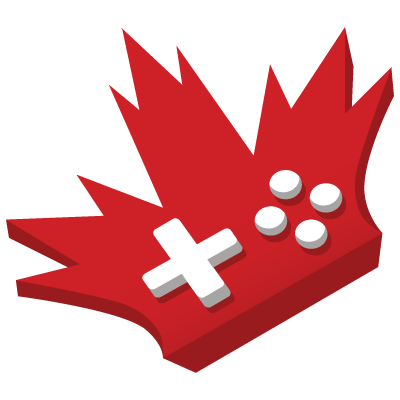




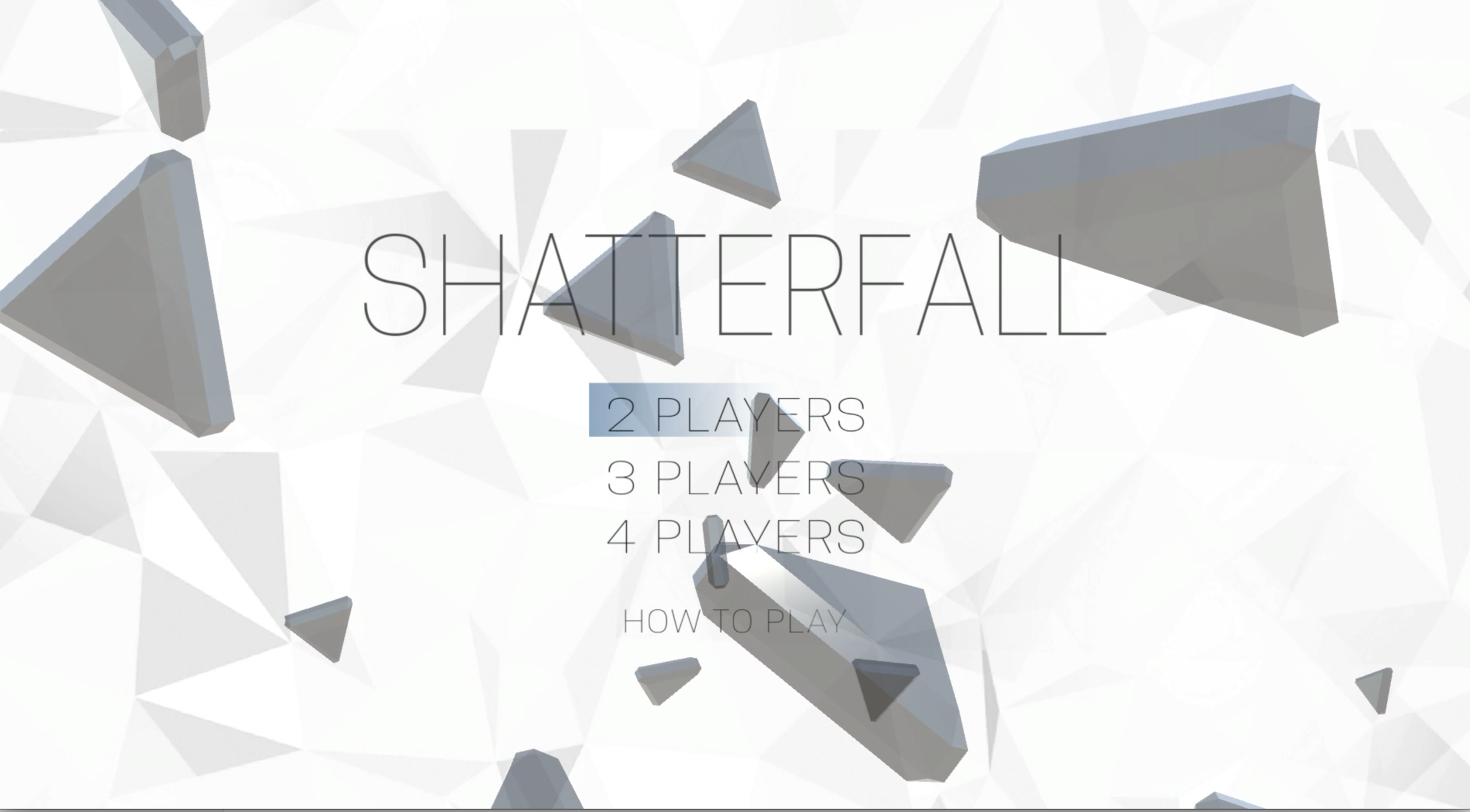
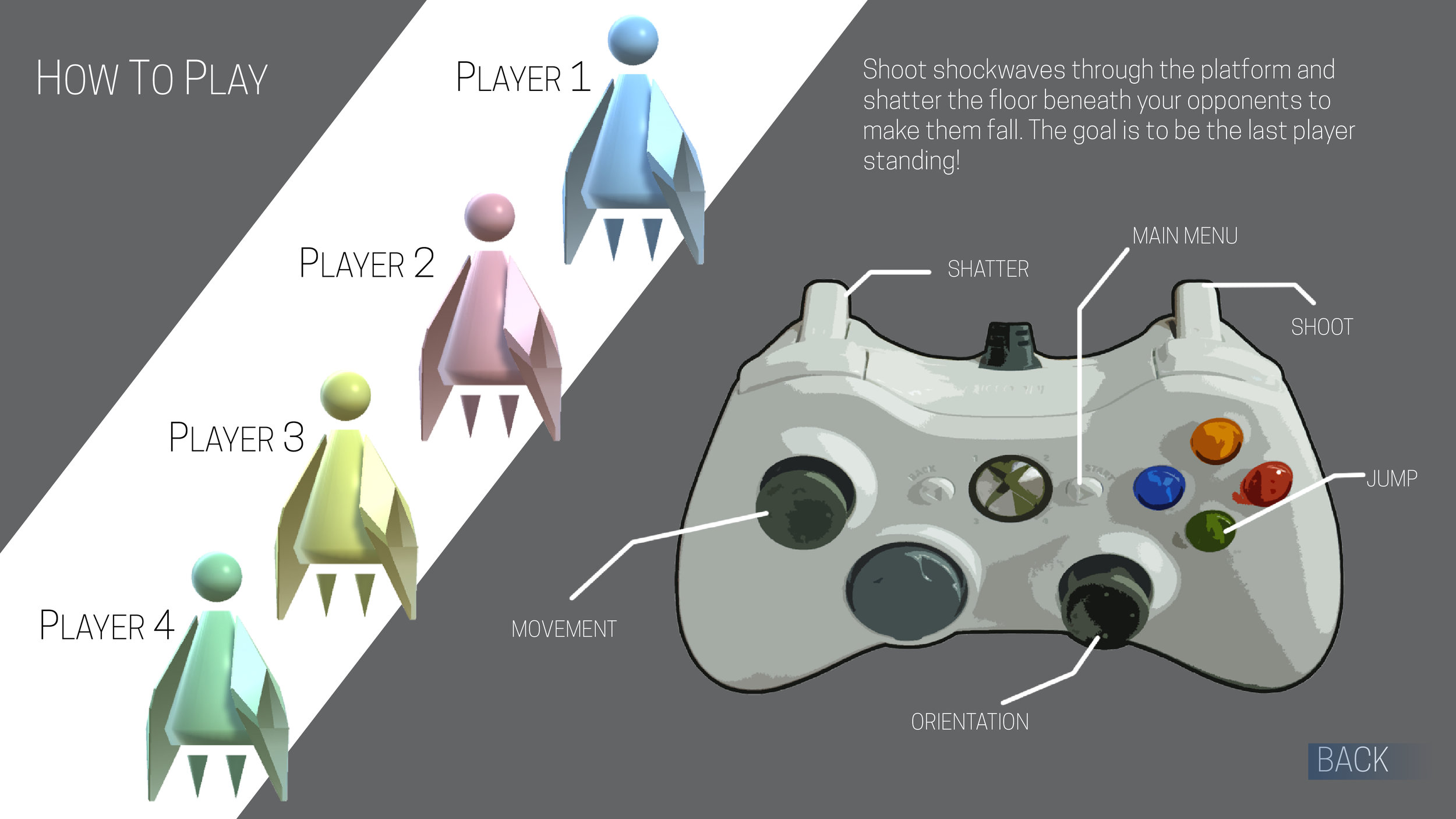
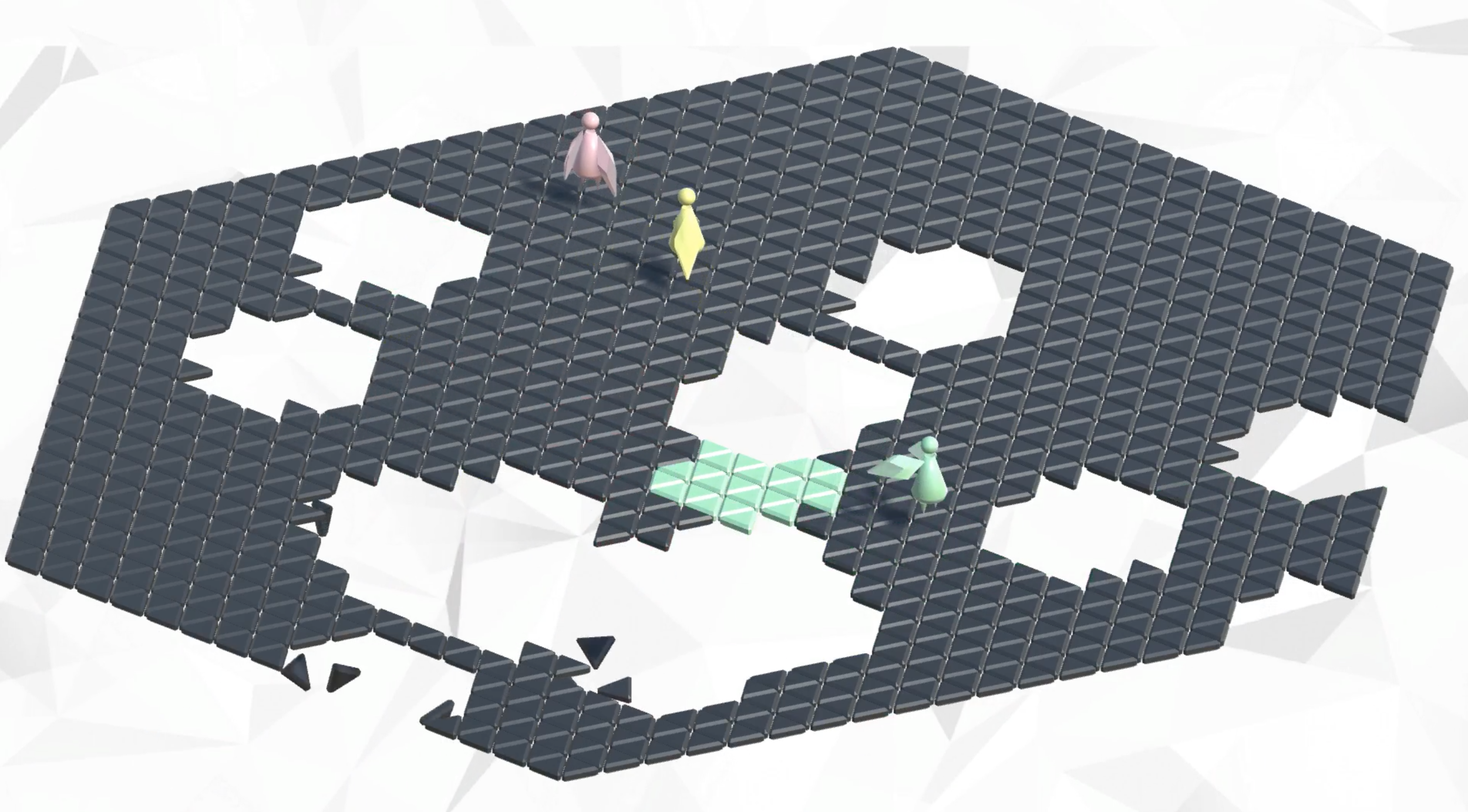
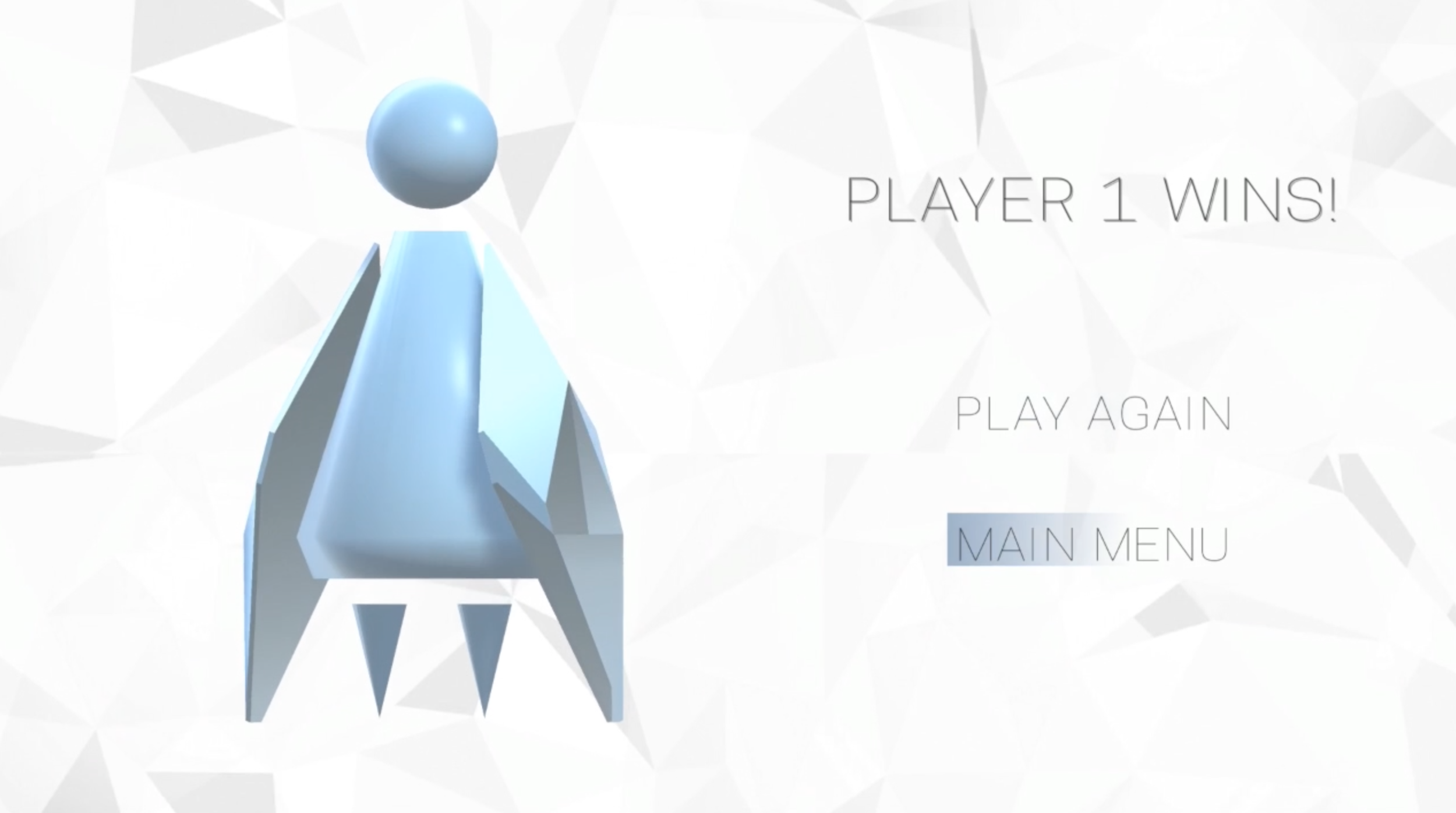
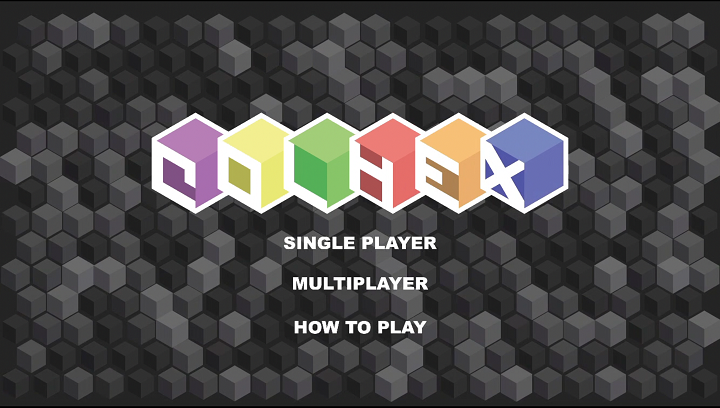
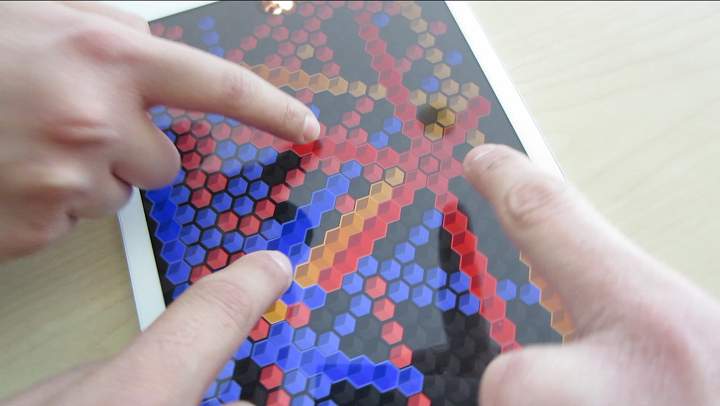
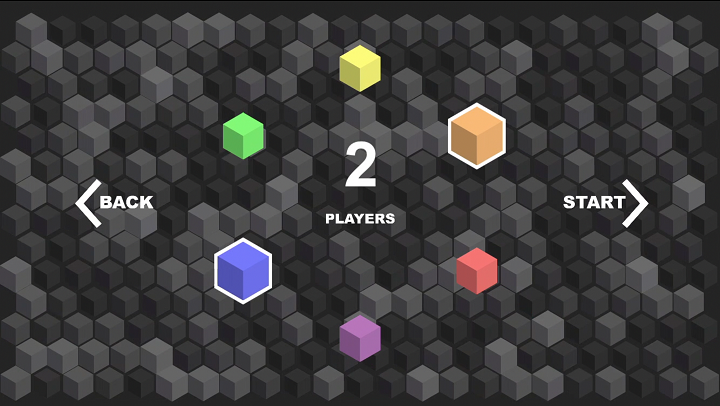
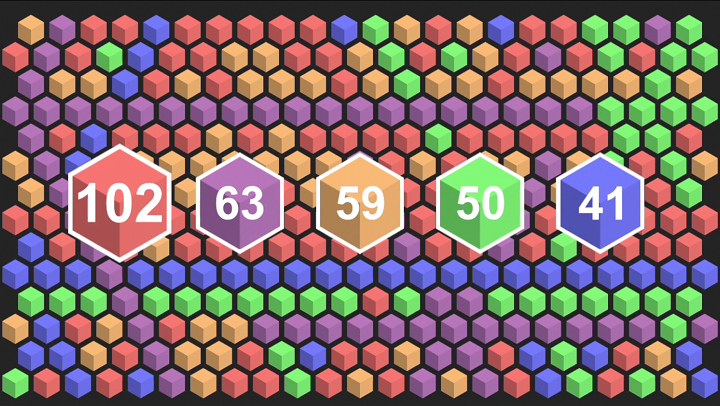
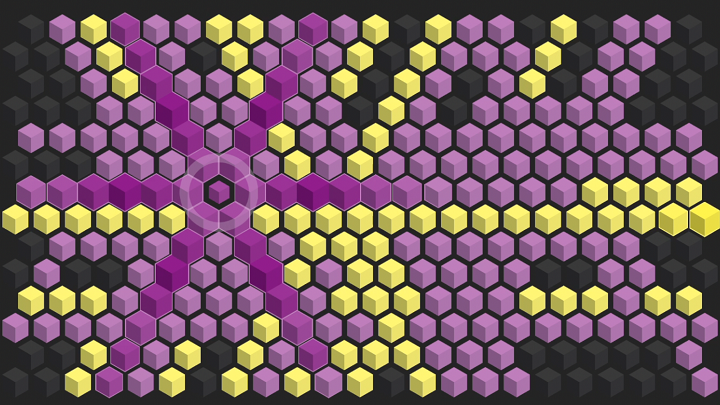
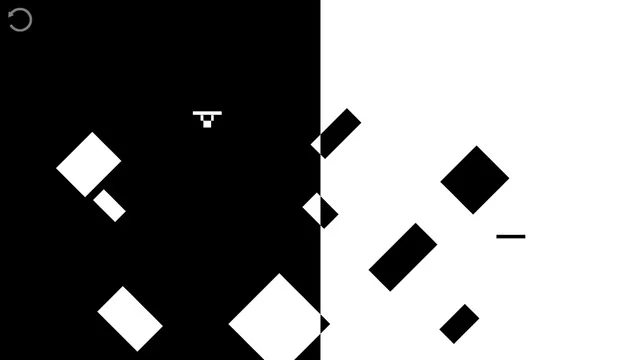
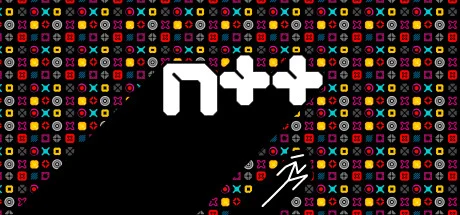




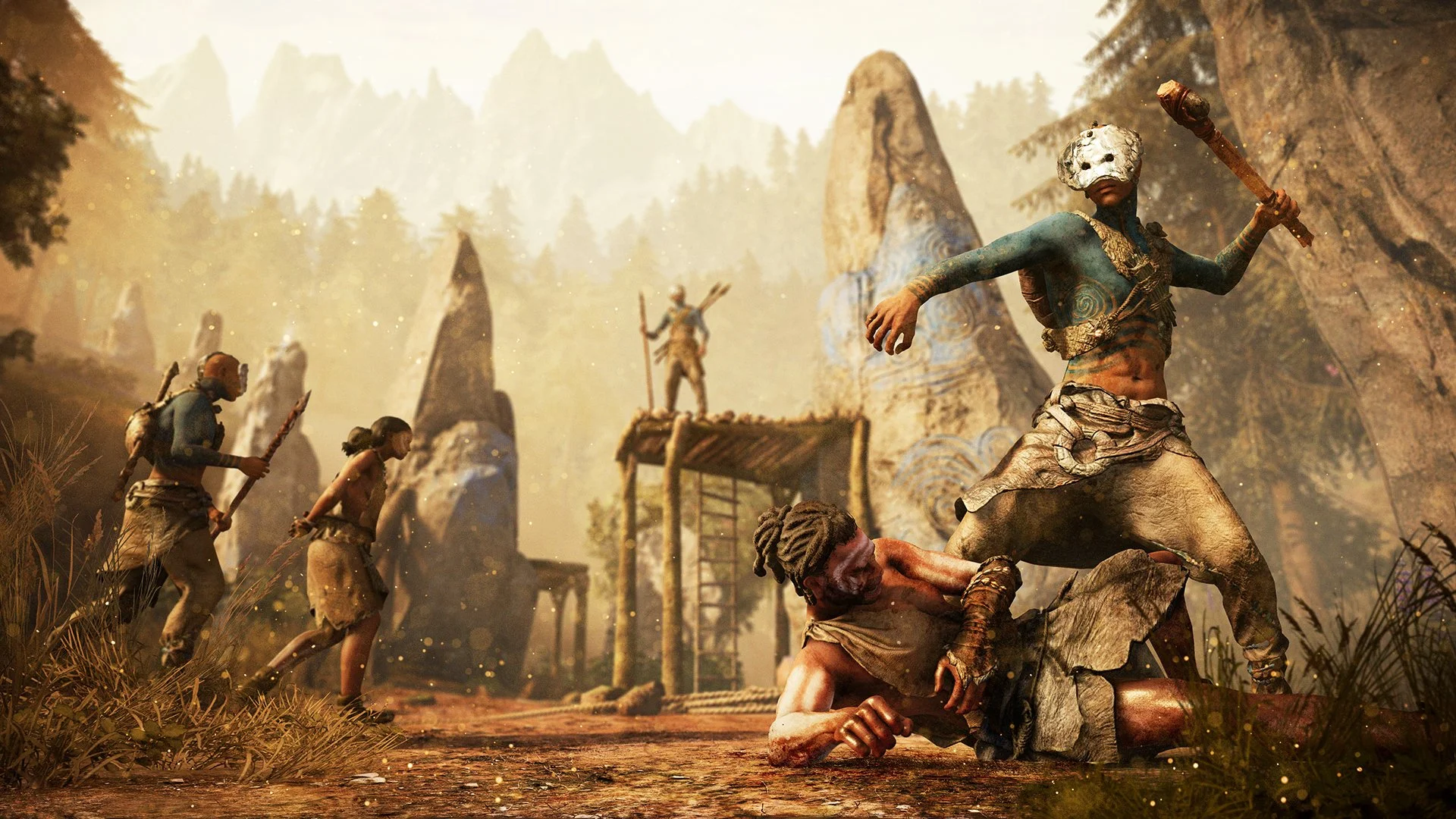
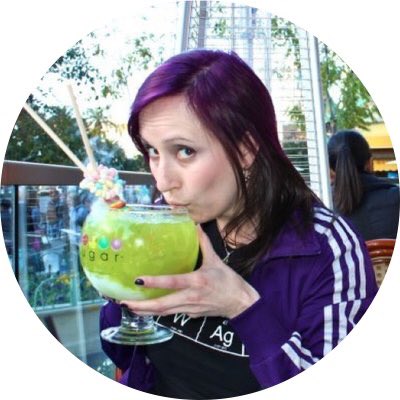








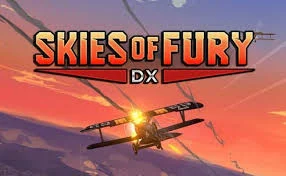









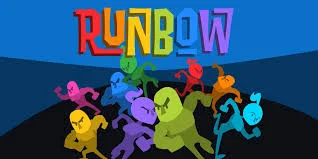
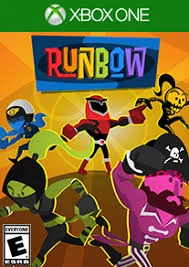



While it is certainly fun for a while, it suffers from the same problem other mobile games on Steam do: Cube Samurai: RUN!’s price tag of $5:49 feels a little steep for the amount of time you might ultimately get from it, so I’d recommend installing the mobile version and giving it a go on the commute to work or on the toilet and see if it’s the sort of experience you’d enjoy on the PC. This aside, it certainly does seems like it would make for an equally fun mobile experience, but it doesn’t do anything exceptionally different than what most people have seen in an infinite runner before.